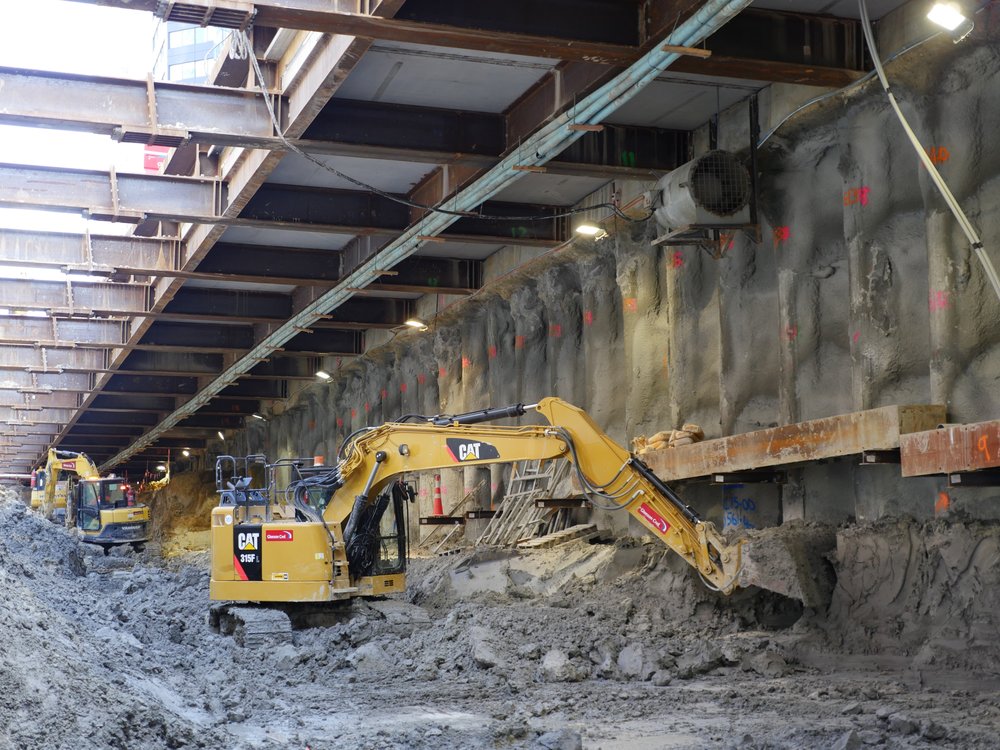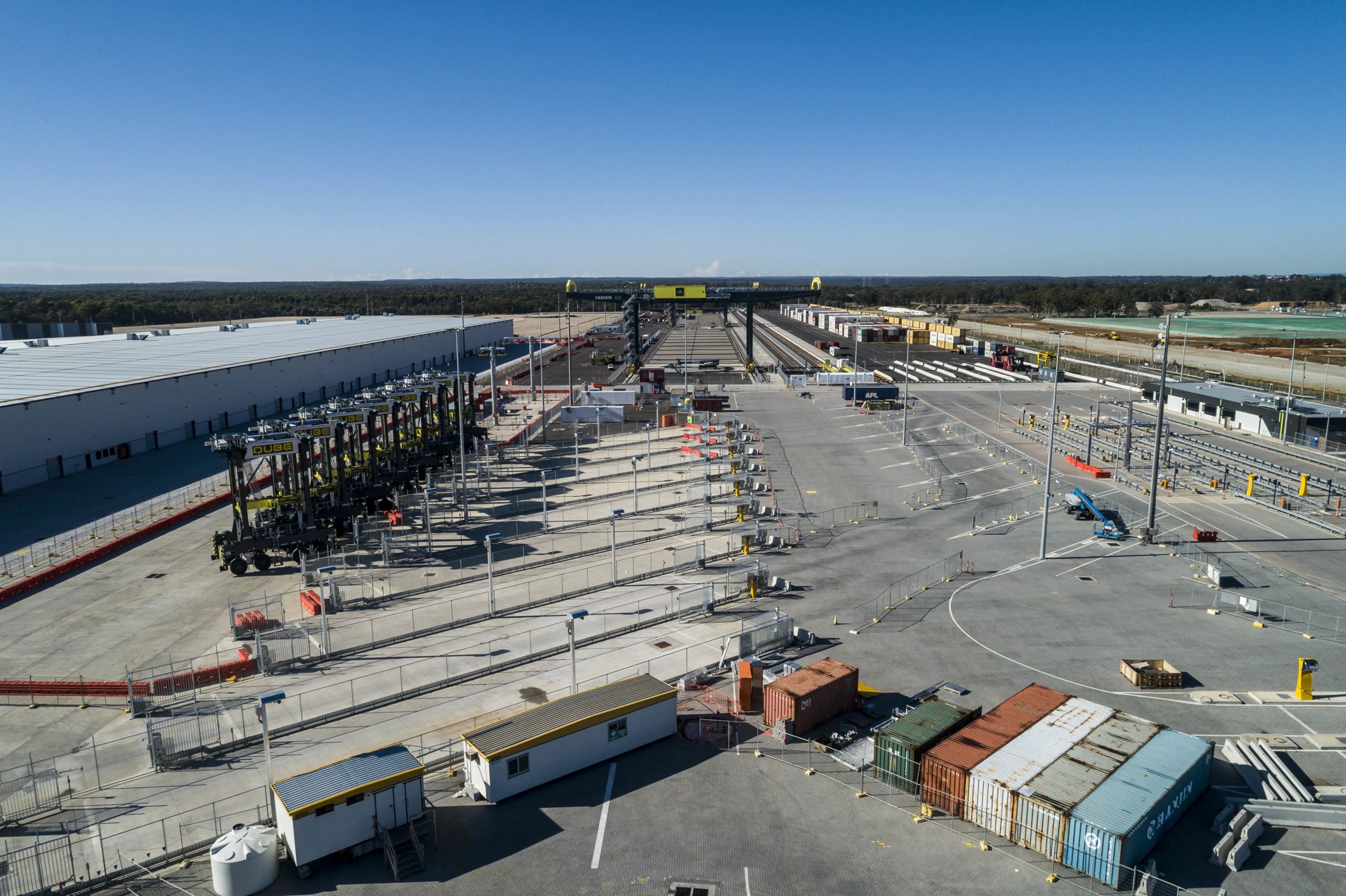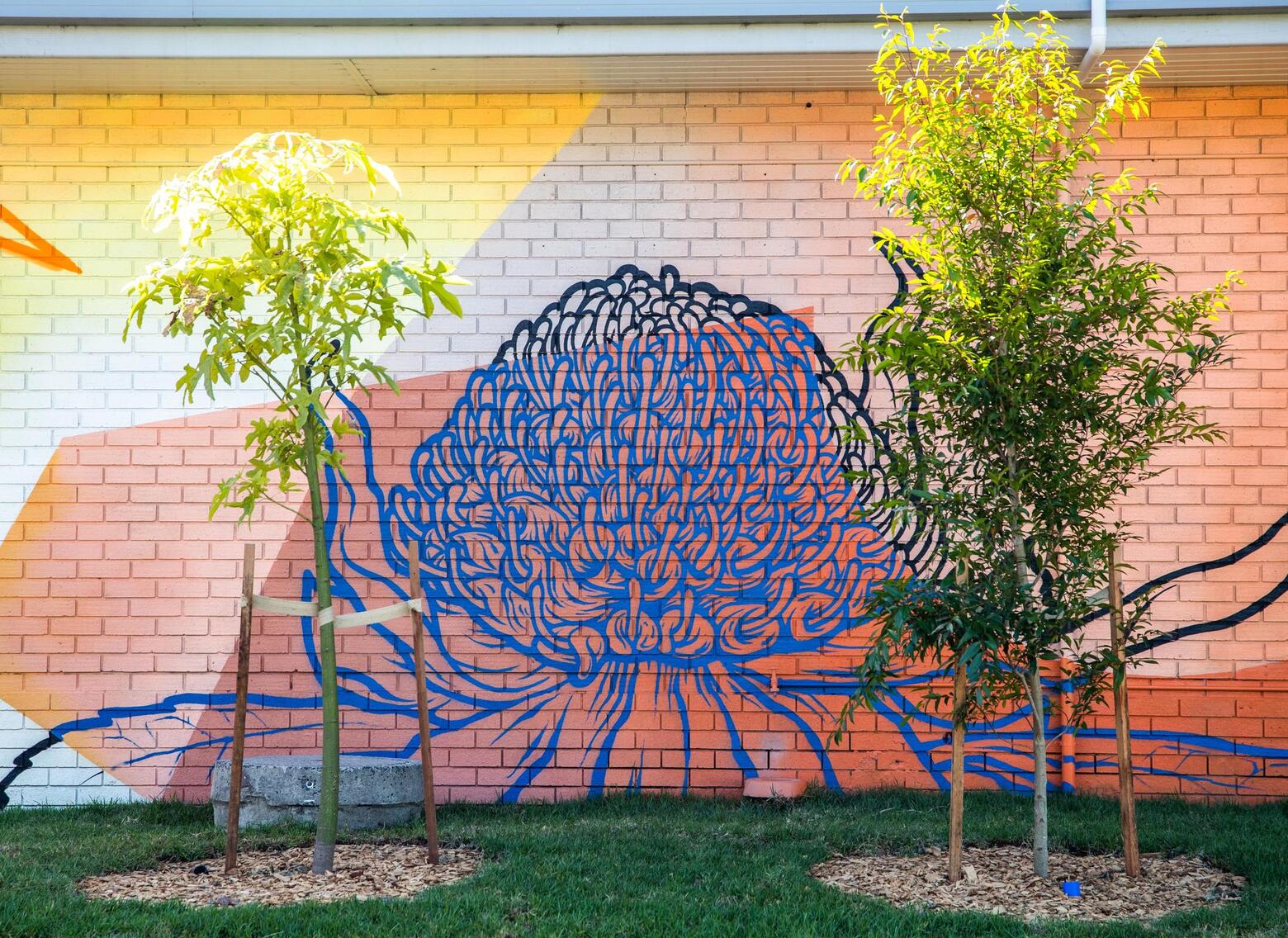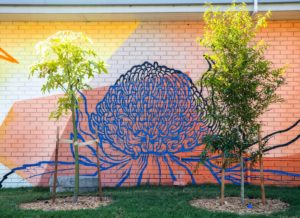At the Infrastructure Sustainability Council, we help our members drive sustainability outcomes during the planning, design, delivery and operation of infrastructure that can positively impact the planet, people and their prosperity and progress a world class industry. A strong construction industry is essential to the delivery of sustainable, impactful infrastructure. We welcome the draft Culture Standard for the Construction Industry and encourage all stakeholders to provide feedback into the consultation process.
The Culture Standard is being developed by Culture in Construction, an initiative of the Construction Industry Culture Taskforce, comprising the Australian Constructors Association, the Governments of New South Wales and Victoria and Australia’s leading workplace researchers.
Projects are an ideal environment for applying new and emerging technologies and are fertile ground for sustainability innovations, demanding a wide range of skills and professions. A career in construction should be a very attractive proposition to skilled and talented people.
But projects are often long and challenging and can require working away from home, and the industry workforce lacks diversity. Roles in organisations whose business models rely on winning highly competitive projects or working on a gig economy basis can be insecure. The majority of people in the sector work more than 50 hours per week, with a significant element of presenteeism involved, causing a poor work life balance. Stress and burn out rates are high, as are levels of family violence and divorce, and the industry is suffering twice the national average suicide rate. Not unconnected to the suicide rate, construction is the most male dominated industry in Australia, with women representing 1 in 8 of the total workforce and less than 2 in 100 workers on-site.
These factors are off-putting to many people (and their families) and the industry is uncompetitive, out of step with the needs of the present and the future of work.
As a result, capacity and capability constraints have increased over the years with a detrimental effect on productivity, costing the industry about A$8 billion per year. So it is crucial to people in the industry, to the financial sustainability of the industry and to communities that are suffering an infrastructure deficit that underlying workforce culture issues are addressed.
The ISv2.1 Rating Scheme tackles this head on through workforce sustainability credits, rewarding projects for effectively addressing strategic workforce planning and bringing into focus the most material issues for people in the construction workforce.
There are four workforce sustainability credits:
- Wfs-1 Jobs, Skills and Workforce Planning – intended to increase industry capacity and capability through identifying skill needs and gaps, leveraging employment opportunities and improving outcomes for people
- Wfs-2 Workplace Culture and Wellbeing – intended to support a positive workplace culture and employee health and wellbeing
- Wfs-3 Diversity and Inclusion – intended to support the development of a diverse and inclusive working environment
- Wfs-4 Sustainable Site Facilities – intended to implement sustainable site accommodation facilities that reduce environmental impacts and support site worker wellbeing
Achieving against these criteria would contribute to at least five Sustainable Development Goals.

The Culture Standard would be a key tool to help projects achieve IS Rating workforce sustainability credits as it is focused on improving culture within an organisation, providing a framework for enabling an adequate work-life balance, the prioritisation of wellbeing and attracting and retaining a diverse range of people to the industry.
The draft Culture Standard’s ‘wellbeing’ goals for mental health, occupational health and worker wellbeing and the ‘time for life’ goals for operating hours and flexible work options would provide strong evidence in support of the ISv2.1 Wfs-2 (Workplace Culture And Wellbeing) and Wfs-3 (Diversity And Inclusion) credits. The Standard’s ‘diversity’ goals, focused on addressing gender inequality, would also strongly support Wfs-3.
We see three areas that the Culture Standard could further address:
- The IS Scheme takes a wider view of diversity and inclusion, incorporating Indigenous peoples and Aboriginal and Torres Strait Islander people. Industry workforces are not sufficiently inclusive of these groups, sometimes failing to reflect the communities in which projects are happening. These groups are sometimes conflicted by infrastructure projects. They also have specific wellbeing requirements linked to culture and Country, and they have cultural responsibilities that require employer flexibility.
- Modern Slavery is an important consideration, and we would like to see the Culture Standard promote and guide governance to reduce risks to vulnerable people on construction projects.
- Another concern is the nature of subcontracting, which creates multiple tiers through which good workforce cultural standards do not always cascade, reducing transparency and accountability.
The consultation period on the draft Culture Standard closes on 17 December 2021. We encourage all stakeholders, from workers, subcontractors and suppliers to constructors and clients, to provide feedback to ensure that the Culture Standard is fit for purpose – fit for all people, for all types of organisation and for the future of work.
Full industry adoption and a commitment to buying services that meet the Culture Standard would lift construction to a higher plane, increasing productivity and capacity, and it would have a direct, positive impact on industry workers and their families.
Provide feedback on the draft Culture Standard at: https://cultureinconstruction.com.au/culture-standard/have-your-say/





